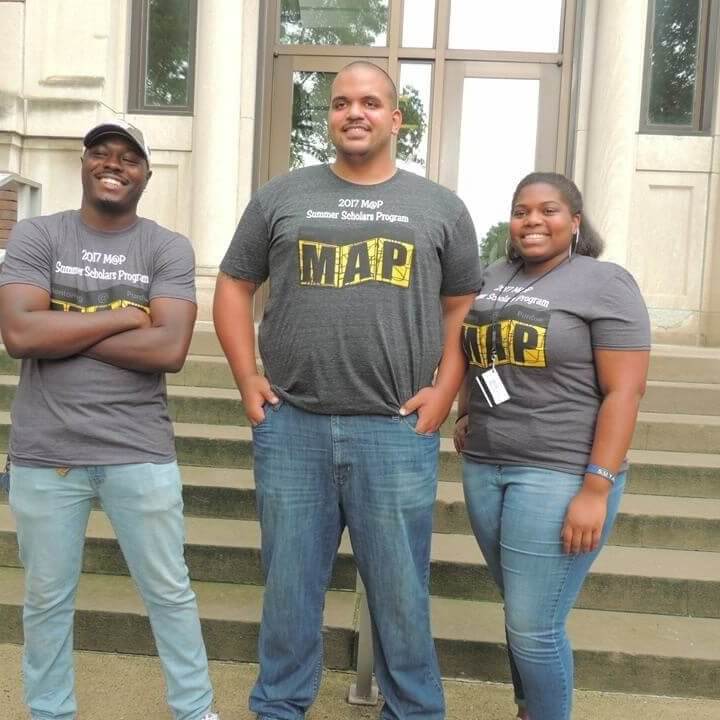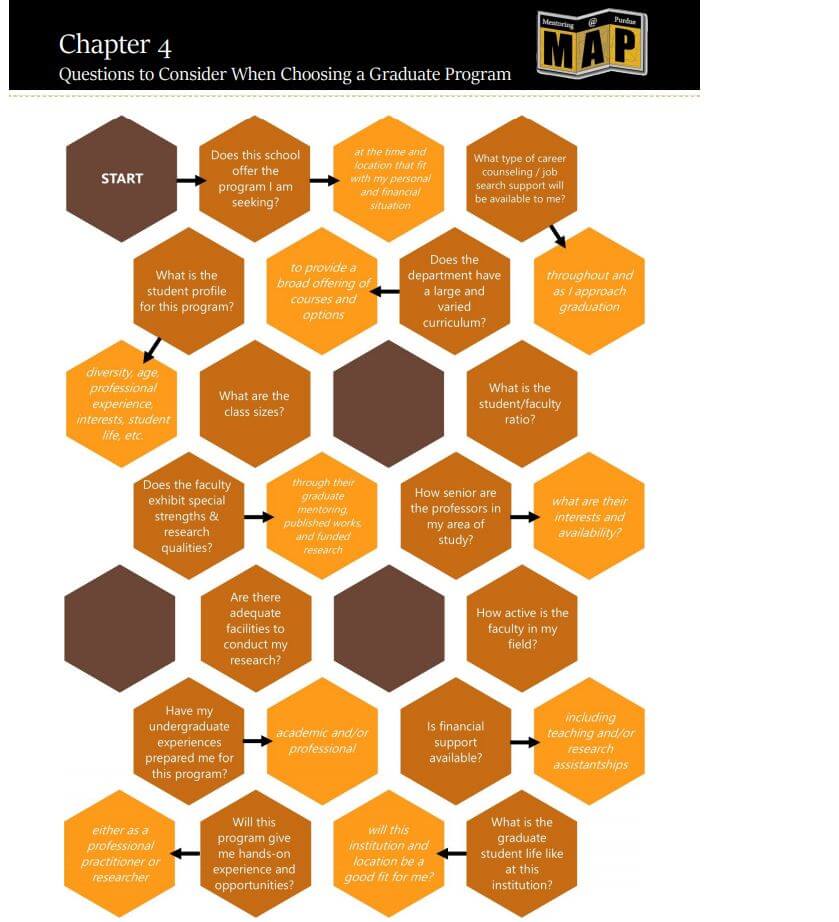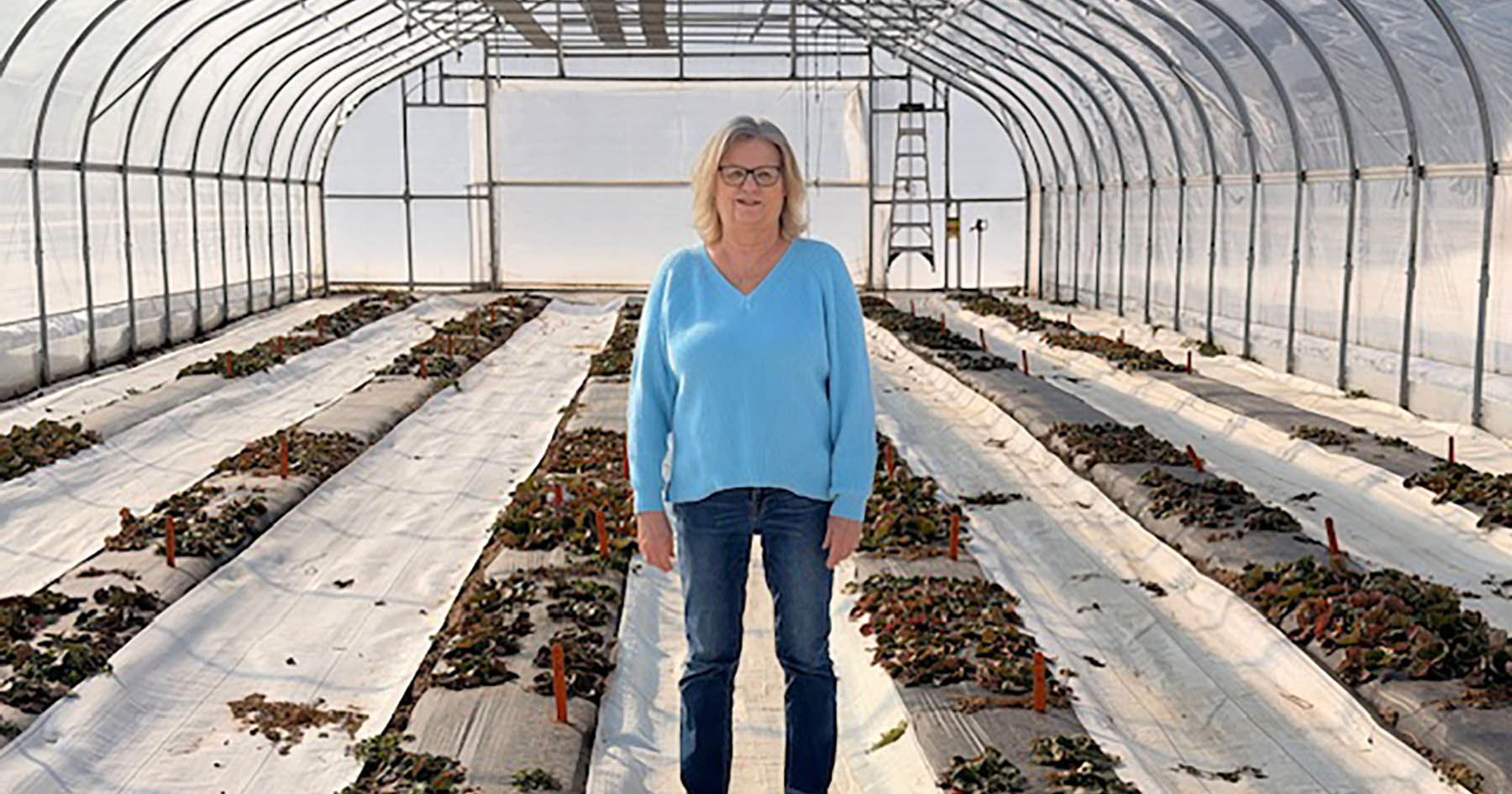How the College of Agriculture is encouraging diversity through mentorship
According to Levon Esters, Agricultural Sciences Education and Communication (ASEC) professor, the main reasons students leave graduate school are lack of funding and a lack of quality mentorship. These two issues often disproportionately affect women and students of color, two populations underrepresented in graduate programs.
 To address this issue, Esters and his colleague Neil Knobloch, ASEC professor, founded the Mentoring@Purdue (M@P) program in 2012. The M@P program supports a number of different initiatives aimed at students within the College of Agriculture and the campus community at large. These projects include a mentoring program, which pairs students with faculty or staff members, and a summer scholars program, which brings undergraduate students from Historically Black Colleges and Universities (HBCUs) to Purdue’s campus for a week-long program about how to begin applying for graduate schools. More recently, M@P published “M@P-ing Out Your Future”, a resource guide for aspiring graduate students. These efforts encourage students of color and women to apply to and attend Purdue for graduate school, Esters said.
To address this issue, Esters and his colleague Neil Knobloch, ASEC professor, founded the Mentoring@Purdue (M@P) program in 2012. The M@P program supports a number of different initiatives aimed at students within the College of Agriculture and the campus community at large. These projects include a mentoring program, which pairs students with faculty or staff members, and a summer scholars program, which brings undergraduate students from Historically Black Colleges and Universities (HBCUs) to Purdue’s campus for a week-long program about how to begin applying for graduate schools. More recently, M@P published “M@P-ing Out Your Future”, a resource guide for aspiring graduate students. These efforts encourage students of color and women to apply to and attend Purdue for graduate school, Esters said.
“Historically, the College of Agriculture has not done well in recruiting students of color into graduate programs,” Esters continued. “The idea with M@P is to create a pipeline to Purdue, especially from HBCUs.”
Esters said the recently published resource guide takes a major step towards making this happen. M@P partners with eleven universities where the guide is distributed and where M@P representatives travel to make presentations. The comprehensive guide leads students through taking the GREs to establish relationships with faculty. There is even a section about how to write emails to faculty members, approaching them as potential advisors or mentors. M@P also holds frequent well-attended workshops on campus for students, faculty, and staff.
“Everyone needs advice and guidance in every stage of life--graduate students are no different,” Knobloch said. “Inclusive and intentional mentoring is recognizing mentoring comes in many different ways. One size does not fit all.”

Zachary Brown, a Ph.D. student in ASEC and one of Esters’ graduate students, said the guide wasn’t in circulation when he applied to Purdue, but he wished it had been.
“It would have been beneficial,” he said. “I wasn’t familiar with the process of applying to graduate school, maybe it would have been different with a resource like this.”
While Brown didn’t use the guide when applying to Purdue, he did attend the Summer Scholars Program and is part of a team that will be conducting a M@P workshop at an upcoming conference, giving students access to the guide and answering questions about Purdue and graduate school. He will also soon assume the responsibility of M@P Program Coordinator.
Knowing that a mentoring program like M@P existed influenced his decision to apply to Purdue, Brown added, and he wants to spread the word.
“It was great to establish connections before coming to Purdue,” Brown said. “I was able to start my application process after the Summer Scholars Program and that experience facilitated my decision to come here.”

Since arriving at Purdue, Brown maintained the contacts he established through the M@P program, which speaks to Esters’ most important piece of advice to minority graduate students.
“As a student of color, as a woman, identify communities where you have a support structure,” Esters advised. “We try to provide students with a space where they can learn what to expect from their experience and from their advisor, so they can be successful.”
The next stage of the M@P program will be to expand to other institutions. A M@P team will visit partnering institutions to distribute resource guides and host information sessions about Purdue and, more generally, about the graduate school experience and application process.
Esters said it’s a sign of a successful program that other major institutions, like Virginia State University and Florida A&M University, have invited the M@P program to speak.
While one goal is to promote diversity within the College of Agriculture and Purdue at large, a secondary mission of the program is to see more minority students applying to graduate programs across the country.
“If there is an uptick in graduate applications generally, we’ve done our job,” Esters said.
Since the program’s genesis, Esters added there has been a surge of graduate students of color and women within ASEC and across the college. In a few short years, ASEC went from being one of the least diverse programs in the College to one of the most diverse. Esters and Knobloch agree it makes sense that students want to come to an institution where they feel seen, supported, and represented. For Brown, that was crucial.
“I notice a lot of graduate students coming to M@P meetings to find a community of like-minded, forward-thinking people like them,” Brown said. “It’s in that setting they can best learn how to navigate their time at Purdue.”





